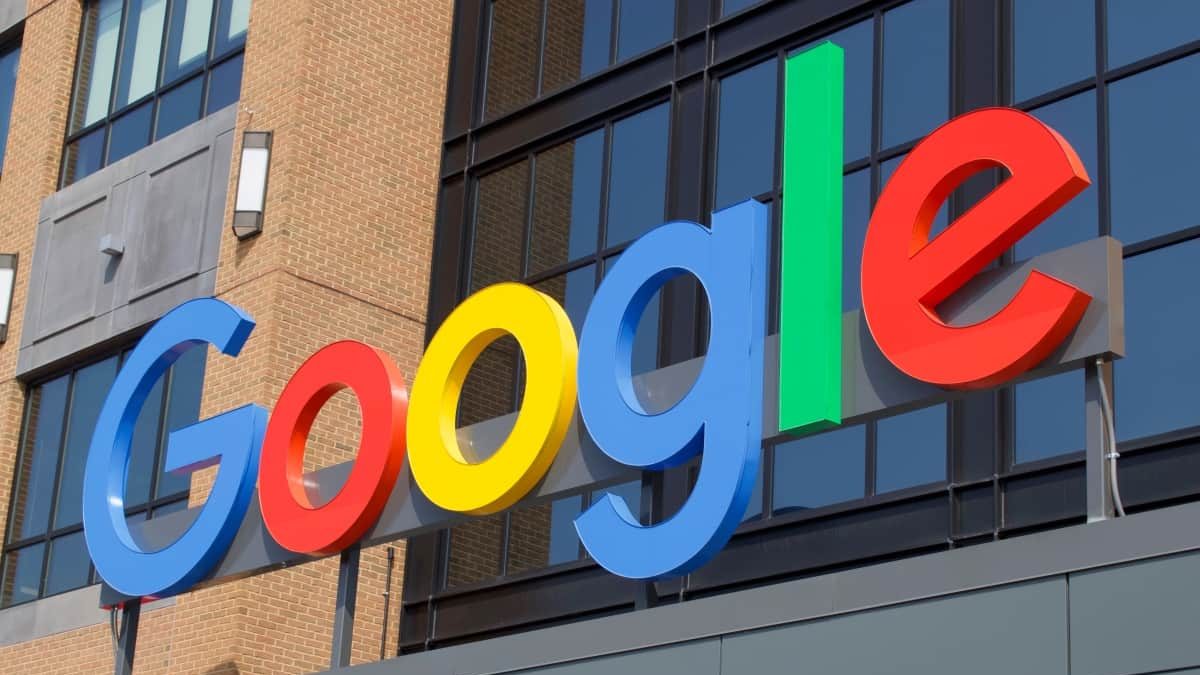lipflip – A federal jury has ordered Google to pay $425 million in damages to plaintiffs in a class action lawsuit over data privacy violations. The lawsuit alleged that Google collected user data even after users disabled a specific tracking feature called Web & App Activity. Filed in July 2020, the case accused Google of continuing to gather personal data through its integration with third-party apps such as Uber and Instagram, despite promising users they could opt out.
Read More : Apple Explores Web Search with Ambitious New AI Project
US District Judge Richard Seeborg certified the case as a class action. Ultimately covering 98 million users and 174 million devices. The plaintiffs initially sought $31 billion in damages, citing large-scale privacy breaches. However, the jury found Google liable on only two out of the three claims related to privacy violations. It concluded that the company did not violate the California Comprehensive Computer Data Access and Fraud Act and did not act with malicious intent. As a result, the jury rejected requests for punitive damages.
The decision underscores ongoing concerns about user privacy in the digital ecosystem. Plaintiffs argued that Google’s assurances about user control over data were misleading. Although Google provides tools to turn off data tracking, the company allegedly continued collecting personal information under certain conditions, even after users deactivated personalization settings.
In response, Google spokesperson Jose Castaneda stated that the jury’s verdict “misunderstands how our products work.” He emphasized that Google offers robust privacy controls and honors users’ choices to turn off data tracking. Castaneda confirmed that the company plans to appeal the ruling.
This case reflects increasing public scrutiny of how tech companies manage user data and the growing legal risks tied to privacy practices. It also signals the potential for significant financial penalties when companies fail to meet their stated data protection standards.
Verdict Highlights Google’s Broader Legal Struggles Over User Tracking Practices
This latest ruling adds to a series of legal battles Google has faced over its data collection policies. In 2020, a separate lawsuit accused the company of tracking users even while they browsed in Incognito mode. Although Google initially denied wrongdoing, the company later agreed to settle the case for $5 billion in 2023. As part of the settlement, Google acknowledged that it could collect data in Incognito mode and committed to deleting billions of data records tied to private browsing.
These legal challenges point to a recurring theme: user mistrust over data transparency and control. While Google has continued to update its privacy settings, critics argue the changes are often unclear or ineffective. Many users remain unaware of the extent to which their information is tracked or shared across platforms and services.
Read More : Lava Bold N1 5G Unveiled in India with Vibrant 90Hz Screen
The ruling also contributes to growing pressure on tech companies to adopt more transparent and enforceable privacy measures. With public and regulatory scrutiny increasing worldwide, companies like Google may need to rethink how they communicate data policies to users. Legal experts suggest this case could serve as a benchmark for future lawsuits involving digital privacy.
For now, Google must contend with both the financial and reputational consequences of the jury’s decision. The planned appeal may offer another legal avenue, but it is clear that user data handling remains a high-risk area for major tech firms. As data privacy laws evolve, the outcomes of such lawsuits could shape the future of digital consumer rights and industry accountability.
